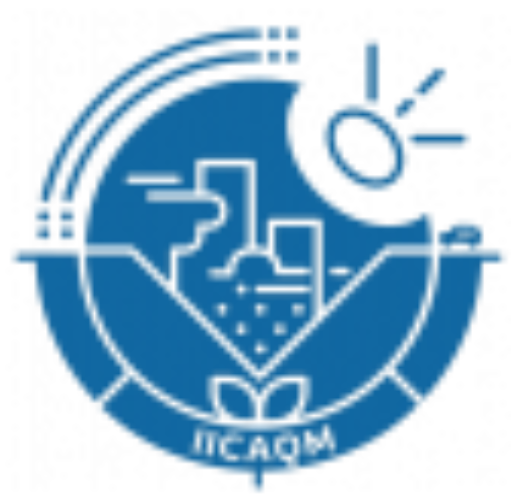Title: “Air quality resource framework of India”
Abstract
The problem of air pollution is traditionally considered as source emissions centric and hence India’s NCAP programme was formulated to tackle
air pollution by cities /states and was highly local emission centric. The air pollution is not restricted to geopolitical boundaries and can travel long
distances. In an era of rapidly changing climate, we need to shift from a location-specific and emission-centric approach to one that considers
larger meteorological and climatological processes, overriding air shed mapping, along with larger scale finer emissions inventory. Addressing this
common challenge requires a carefully considered, multi-sectoral science-based integrated solution from fundamental to applied science and
management to policy interventions. It is, therefore, envisaged by the office of the scientific advisor to the Govt. of India, on setting up NARFI
framework with an objective to develop science-based information mechanism and knowledge resource to help decision-makers. Talk will briefly
touch upon concept of NARFI.
About the Speaker

Prof. Beig is currently serving as “Chair Professor” at NIAS in Indian Institute of Science campus, Bangalore. He is a well-known expert of Air Quality and Climate Change. A subject gaining importance under NET-ZERO commitment given by Govt. of India to United Nations. His current interest lies in air quality management with scientific approach and understanding the extreme events and their linkages with climate change. He as the Founder Director of India’s first air quality forecasting framework, popularly known as “SAFAR” developed under the Ministry of Earth Sciences, Govt. of India. He is the recipient of coveted Shanti Swarup Bhatnagar Award, India’s highest honor in Scientific discipline. He is the first Indian recipient to confer with World Meteorological Organization award of United nations. Besides other numerous awards, he is the fellow of Indian academy of sciences and Indian Meteorological Society (IMS). Prof. Beig has published 249 peer-reviewed international research papers so far, with around 10800 citations. He has also edited 8 scientific books, released 31 technical monographs and delivered more than 410 invited talks.
![]()
